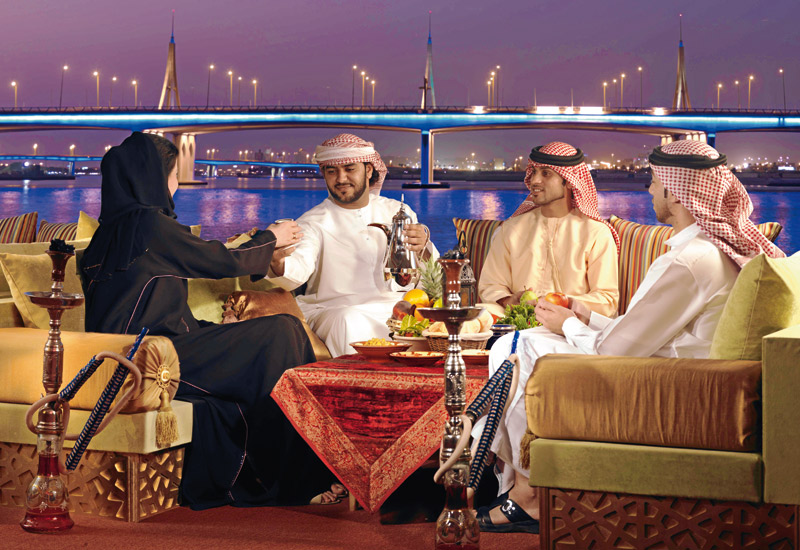What goes into the planning for Ramadan and how does it affect business? Karen Osman looks at the impact on both stand-alone and hotel restaurants and explores how food and beverage professionals are adapting their offering for this important time of the year.
A time for reflection, prayer, and giving thanks, Ramadan is a special time for many people around the world where the simple pleasure of eating is foregone during daylight hours as a reminder of the plight of the less fortunate.
Everyday life takes on a different rhythm as iftar and suhour, taken with family and friends, are integrated into the diary.

| Advertisement |
As a result, food and beverage operational teams plan many months ahead to ensure that a plethora of options are available for both those fasting and those looking to partake of this cultural experience.
Whether a stand-alone restaurant or an eatery within a hotel, there’s no doubt that business trends and patterns fluctuate during the holy month. To what extent is dependent on a number of factors as Andrew Joyce, director of food and beverage for Hilton, Middle East and Africa explains: “Ramadan has a slightly different impact in different parts of the Middle East and of course which part of the year Ramadan falls (will also make a difference).
Generally, it can be a period during which sales increase, although the impact definitely affects the trading periods as the focus is on the early and later evenings with the iftar and suhour events.”
Amal Mikahil, director of marketing and communications at JW Marriott, Kuwait echoes the seasonal sentiment stating: “I believe the earlier Ramadan comes in the summer season, the more the Kuwait market as a whole is impacted with a business decrease.”
Regardless of the time of year, certain business segments are likely to see a drop in performance.
“Because people are fasting and don’t work as many hours, there isn’t the trend of having meetings, workshops, day-trips, teambuilding or even internal meetings, so work-related activities in Ramadan drop quite considerably. There’s also no wedding business during this month,” explains Abdin Nasralla, vice president of Meydan Hotels & Hospitality Division.
This year, Ramadan falls wholly in August, traditionally low season in the GCC hospitality business.
In light of this, and with many operations closed during the day, the task is set for food and beverage teams to enhance their evening options to capitalise on local custom and make up for lost trade, from the addition of seasonal menu items to large-scale operations such as ‘Ramadan tents’ catering for hundreds.
Done well, this can result in significant increases in evening dining business during this period.
Mövenpick, Bur Dubai reported an increase of 20% in covers for dinner during the month of Ramadan, 2010 compared to the previous month.
“In the evening, business generally increases because you specifically cater for that event. They come for iftar and for suhour and that certainly has an impact on us and increases business for sure,” explains H. Peter Drescher, vice president food and beverage for the Middle East and Asia for Mövenpick.
He continues: “We redecorate our ballroom in a very typical Arabic fashion. What is interesting is that before, Ramadan was mainly a family event and today you have corporate events with people coming out as a corporation and celebrating iftar — this didn’t really exist previously.”









 Search our database of more than 2,700 industry companies
Search our database of more than 2,700 industry companies









